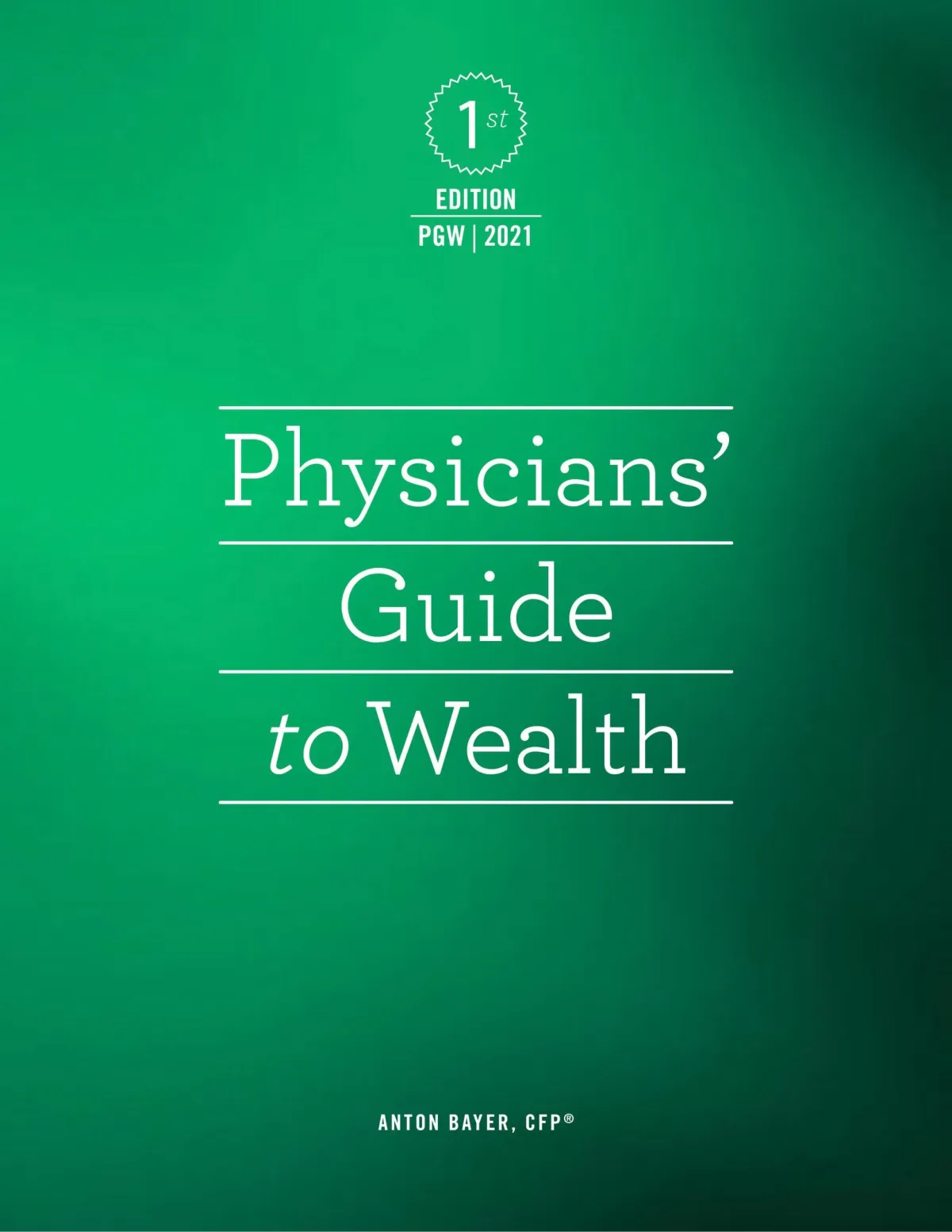WE'RE UP FOR THE CHALLENGE
We strive to simplify your financial life and provide you the freedom to focus on your passions and be confident about your future.

PHYSICIANS' GUIDE TO WEALTH A GUIDE FOR ANYONE PURSUING FINANCIAL INDEPENDENCE
ARE YOU RETIREMENT READY?
At Up Capital Management, we serve as your financial advisor and source of support. Our advisors are dedicated to simplifying the complexities of the financial world, and as your advocate, we strive to learn about your most-valued goals and dreams. From individual investors to entrepreneurs, our services are designed for your success.

PRIVATE WEALTH MANAGEMENT
Customize your investments
Our goal is for our clients to consistently build their wealth towards their personal and financial life goals.

CLIENT
SERVICES
Welcome to the family
We pride ourselves on exceeding client expectations. With empathy, self-awareness, and defined core values, our service model is the cornerstone of our business.

401K PLAN
FIDUCIARY
Employees first
Low cost funds and high engagement rates. We carry cutting edge and unique strategies for your company's benefits plan.

SIGN UP FOR OUR WEEKLY BRIEF!
Unlock your financial potential with Up Capital Management's Weekly Brief. Get concise, powerful insights on market trends and economic indicators, tailored to empower your investment and financial decisions. Elevate your financial savvy—subscribe now for clarity, confidence, and growth.
"A GOOD FINANCIAL PLAN IS A ROAD MAP THAT SHOWS US EXACTLY HOW THE CHOICES WE MAKE TODAY WILL AFFECT OUR FUTURE."
- Alexa Von Tobeln
READY TO CONTACT US?
CONTACT
Check the background of your financial professional on FINRA's BrokerCheck.
The content is developed from sources believed to be providing accurate information. The information in this material is not intended as tax or legal advice. Please consult legal or tax professionals for specific information regarding your individual situation. Some of this material was developed and produced by FMG Suite to provide information on a topic that may be of interest. FMG Suite is not affiliated with the named representative, broker - dealer, state - or SEC - registered investment advisory firm. The opinions expressed and material provided are for general information, and should not be considered a solicitation for the purchase or sale of any security.
We take protecting your data and privacy very seriously. As of January 1, 2020 the California Consumer Privacy Act (CCPA) suggests the following link as an extra measure to safeguard your data: Do not sell my personal information.
The information on this website is the opinion of Up Capital Management and does not constitute investment advice or an offer to invest or to provide management services. Before purchasing any investment, a prospective investor should consult with its own investment, accounting, legal, and tax advisers to evaluate independently the risks, consequences, and suitability of any investment.
Copyright 2024 | Privacy Policy | Terms & Conditions
